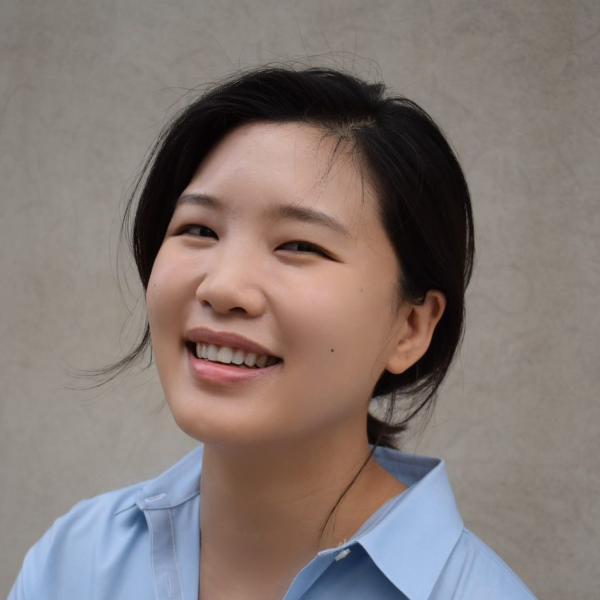
Biography
My research focuses on Asian American literatures, more specifically transpacific women’s writings. I also work with Korean texts and their English translations. Both my research and teaching engage with women’s writing, race & gender studies, translation theory, performance, and frames that disarticulate national paradigms.
My book project, Entangled Testimonies, draws on the concept of quantum entanglement (when two particles behave like a single unit even when they are separated) as a framework through which to radically shift how we think about subjectivity and relationality. Quantum physics describes a reality not determined by causality, not bound by time and space, and operates beyond individuation. Within the quantum world, observation influences results; measuring something can change the quality or state of the thing being measured. In other words, just by witnessing something, we change it. Or, put differently, we are always already implicated in all that we witness.
The book argues that we rethink our current forms of testimony that stem from a Eurocentric genealogy of individualism, traced back to early forms of reported speech and Christian confession. In order to read and write against the grain of individuated subjectivity, I consider a theory of entanglement that privileges relationality. The project brings together a constellation of texts—fiction but also the testimonies of the “comfort women”—narrated by women of colour who must contend with the dislocation of migration, a history of violence, and multilingual realities. Here, testimony emerges not as the monadic expression of discrete, autonomous subjects but instead as the entangled and shared expression of a set of social relations. This book project is fueled by the idea that our responsibility to storytelling requires new or revitalized forms and even new and strange subject positions.
I am committed to a theory of translation and pay special attention to texts that highlight multilingual realities in significant ways. Translation is a mode constituted through difference that performs a creative citability oriented toward the unknown. The translator is an enunciative position that already assumes that someone else is speaking. Therefore, it is foremost a mode of relationality (not individuality) that has always known what it means to be possessed by another. In opposition to privileging a hermeneutics of self and self-possession, studying translation in/and fiction underscores the conditions of possibility for sacrifice, for hope, and a relation to difference.
Several years ago, I did fieldwork in Seoul where I conducted research at and provided translation services to the House of Sharing (a community of Korean comfort women) and related archives. My short story, “seoriseori,” was published in The New Quarterly.
Publications
“Missing Mom: Translation as Testimony in Shin Kyung-Sook’s Please Look After Mom,” Mosaic 48:1 (December 2016): 154-70.
Fiction
“seoriseori,” The New Quarterly: Diversity Issue 140 (Fall 2016): 111-17.
